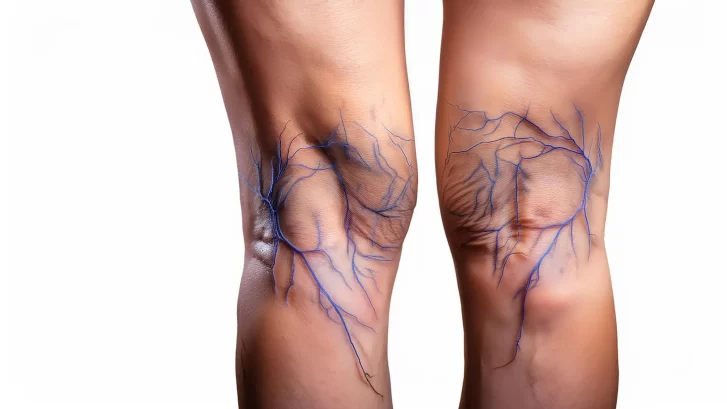Varicose veins can be more than just a cosmetic concern—they can also cause discomfort and affect quality of life. While treatments like sclerotherapy or laser therapy can help manage varicose veins, the role of diet in preventing or reducing their severity should not be overlooked. Certain foods can either support vein health or exacerbate symptoms. Here’s a closer look at how your diet can influence varicose veins and what foods to include or avoid for better vein health.
The Role of Nutrition in Vein Health
A balanced diet plays a crucial role in maintaining healthy veins. Foods rich in certain nutrients can help strengthen blood vessels and improve circulation, potentially reducing the risk of varicose veins. On the other hand, a poor diet lacking essential nutrients may contribute to venous insufficiency and worsen existing varicose veins.
Foods to Include for Varicose Vein Health
- Fiber-Rich Foods: High-fiber foods like whole grains, fruits, and vegetables can help prevent constipation, which can contribute to varicose veins.
- Antioxidant-Rich Foods: Berries, citrus fruits, and leafy greens are rich in antioxidants that support vascular health by reducing inflammation and oxidative stress.
- Omega-3 Fatty Acids: Found in fatty fish, flaxseeds, and walnuts, omega-3 fatty acids help maintain blood vessel elasticity and reduce inflammation.
Foods to Avoid for Varicose Veins
- High-Sodium Foods: Excess sodium can lead to water retention, increasing pressure on veins and worsening varicose veins.
- Refined Sugars: Foods high in refined sugars and carbohydrates can contribute to weight gain and inflammation, potentially exacerbating vein issues.
- Trans Fats: Found in processed and fried foods, trans fats can increase inflammation and negatively impact cardiovascular health.
Additional Tips for Maintaining Vein Health
In addition to dietary modifications, Dr. Ravul Jindal emphasizes the importance of staying hydrated, maintaining a healthy weight, and regular physical activity. Exercise improves circulation and muscle tone, which can alleviate symptoms associated with varicose veins.
Your diet can significantly impact the health of your veins, affecting the development and severity of varicose veins. By incorporating nutrient-rich foods and avoiding those that may worsen symptoms, you can support vein health and potentially reduce the discomfort associated with varicose veins.
Ready to optimize your diet for healthier veins? Schedule a consultation with us and explore personalized strategies for managing varicose veins through nutrition!


